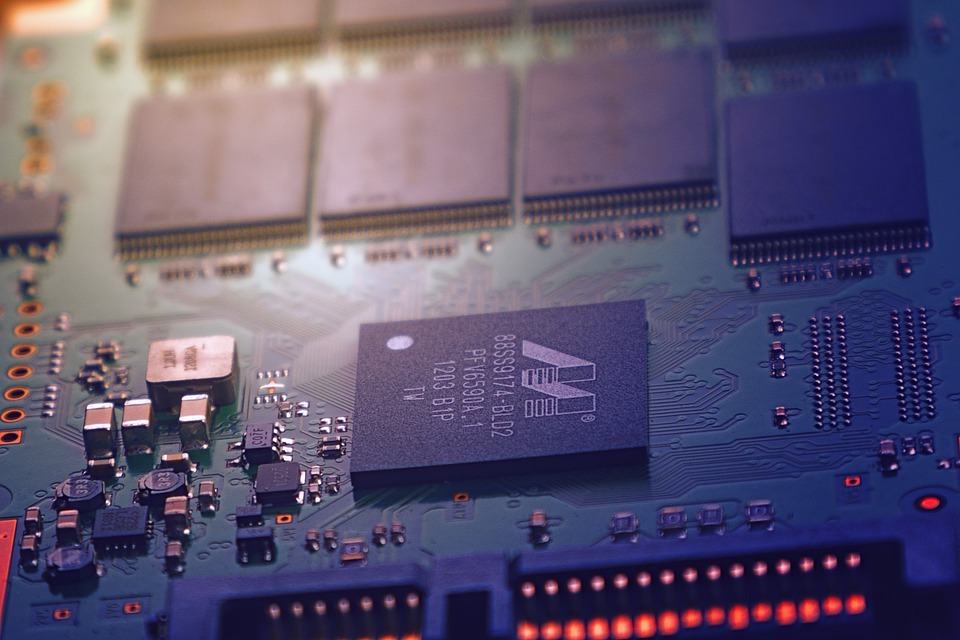The concept of the Metaverse has been gaining buzz in recent years, with tech giants like Facebook and Microsoft investing heavily in its development. But what exactly is the Metaverse, and how does it relate to blockchain technology?
The Metaverse can be defined as a Virtual reality space where users can interact with a computer-generated environment and other users in real-time. It is essentially a digital universe that exists parallel to the physical world. This virtual realm is not limited to just gaming; it encompasses various aspects of life, including work, socializing, education, and entertainment.
blockchain technology, on the other hand, is a decentralized and transparent digital ledger that records transactions across multiple computers. It is best known for its association with cryptocurrencies like Bitcoin, but its potential applications go far beyond finance. blockchain has the ability to revolutionize many industries by providing secure and verifiable ways to track and exchange assets.
When we combine the Metaverse with blockchain technology, we unlock new possibilities for digital economies. One of the key benefits is the ability to establish secure ownership and provenance of digital assets. In the Metaverse, users can create and trade virtual goods, such as avatars, virtual real estate, and even digital artwork. By utilizing blockchain technology, these assets can be tokenized and tracked on a transparent and immutable ledger, ensuring their authenticity and ownership.
Moreover, blockchain enables the implementation of smart contracts within the Metaverse. Smart contracts are self-executing agreements with the terms of the contract directly written into code. They automatically execute actions when predefined conditions are met. In the context of the Metaverse, smart contracts can facilitate complex transactions and interactions between users. For example, a smart contract could be used to automate the sale and transfer of virtual real estate, ensuring a secure and transparent transaction.
Another area where the Metaverse and blockchain intersect is in the creation of decentralized virtual economies. Traditional virtual worlds are often controlled by a central authority, which can limit users’ freedom and hinder the growth of the economy. By leveraging blockchain technology, the Metaverse can become decentralized, allowing users to have more control over their digital assets and the virtual economy. This decentralization opens up opportunities for user-generated content, virtual businesses, and a thriving ecosystem of innovation.
Furthermore, blockchain can help address issues of trust and reputation within the Metaverse. As users interact and transact within the virtual world, their actions and behavior can be recorded on the blockchain. This creates a reputation system that can be used to establish trust between users. By having a transparent and immutable record of past interactions, users can make informed decisions when engaging with others in the Metaverse.
The combination of the Metaverse and blockchain technology has the potential to redefine digital economies. It unlocks new possibilities for ownership, transactional efficiency, and user empowerment within virtual worlds. As the Metaverse continues to evolve and expand, it is crucial to explore how blockchain can be integrated to create a more secure, transparent, and vibrant digital ecosystem.

